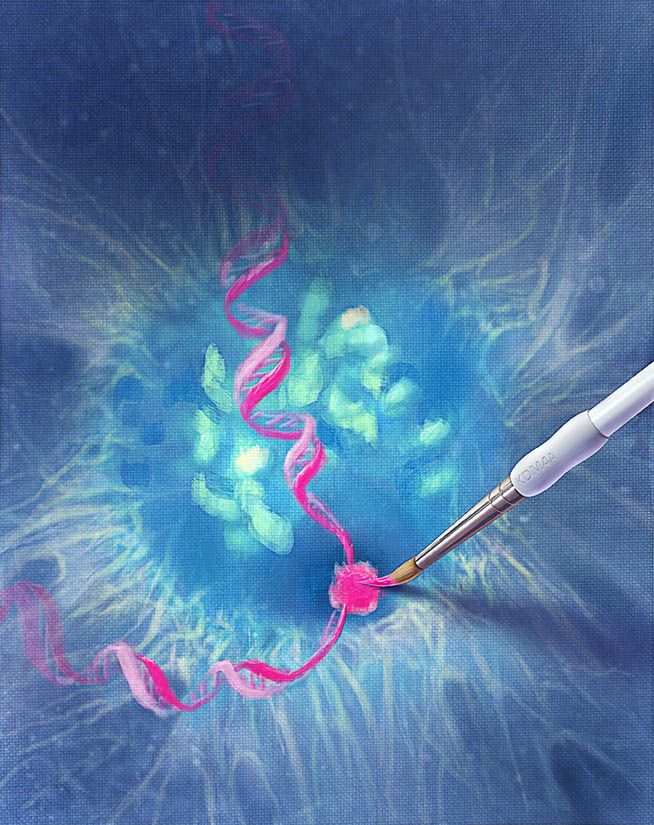
Tumor cells are characterized by many features: including uncontrolled proliferation, to loss of contact inhibition, acquired chromosomal instability and gene copy number changes among them. Some of those copy number changes are site-specific, but very little is known about the mechanisms or proteins involved in creating site-specific copy number changes. In a recently published Cell paper, Black and colleagues, propose a mechanism for site-specific copy number variations involving histone methylation proteins and replication complexes.
Previous work from Klang et al. had shown that local amplification of chromosomal regions occurs during S phase and that chromatin structure plays a critical role in this amplification (2), and other work by Black and colleagues (3) implicated KDM4A in changing timing of replication by altering chromatin accessibility in specific regions. Other research also had shown that KDM4A protein levels influence replication initiation and that KDM4A has a role in some DNA damage response pathways (4,5). Looking at the body of work, Black et al. hypothesized that KDM4A, with its roles in replication, might possibly provide link into the mechanism of site-specific copy number variation in cancer. Continue reading “Site-specific copy number variations in cancer: A story begins to unfold”
